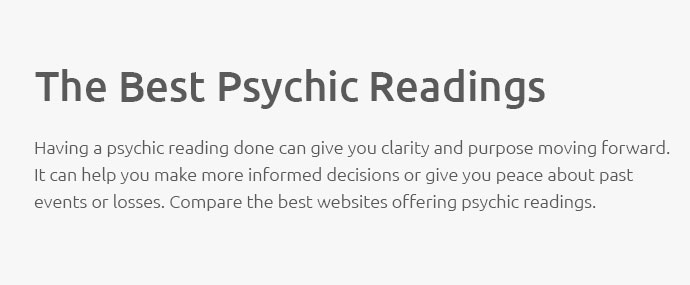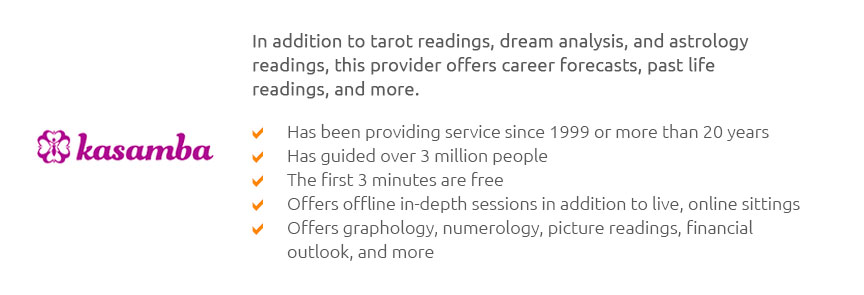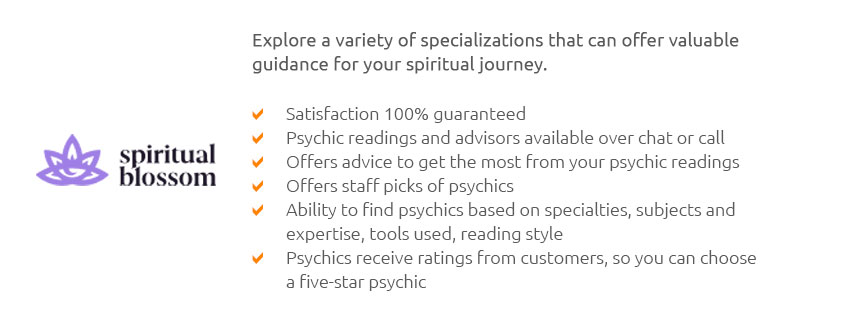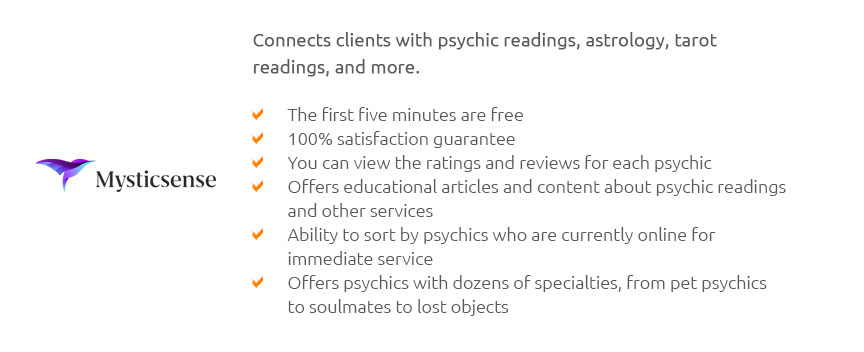 |
 |
 |
|---|
 |
 |
|---|
 |
|
|---|---|
 |
 |
 |
 |
 |
 |
 |
 |
 |
 |
 |
 |
|---|
The Future of Free Online Reading: Navigating the Digital LandscapeIn the ever-evolving digital era, the realm of free online reading stands at a fascinating crossroads, promising an exhilarating future for bibliophiles and casual readers alike. As we explore the predictions shaping this landscape, it becomes evident that the shift towards digital content consumption is not just inevitable but imminently transformative. First and foremost, the proliferation of e-books and audiobooks is a trend that shows no signs of abating. Platforms like Project Gutenberg and LibriVox have long been pioneers in offering free literary works, but as technology advances, these resources will likely expand to include a broader array of interactive and multimedia-rich content. Imagine reading a classic novel with accompanying visualizations and ambient soundscapes that enhance the narrative experience. Moreover, the advent of AI and machine learning presents intriguing possibilities for personalized reading experiences. As algorithms become more sophisticated, they will be able to tailor recommendations with uncanny precision, introducing readers to new genres and authors they might never have discovered otherwise. This customization, however, raises questions about data privacy and the ethical implications of such targeted content delivery. Another exciting development is the rise of digital libraries, which democratize access to a wealth of information previously confined to the walls of traditional libraries. Initiatives like the Digital Public Library of America and Europeana aim to break down barriers, providing free access to millions of books, articles, and archives. Yet, the challenge remains to ensure that these resources are accessible to all, particularly in regions with limited internet connectivity. Furthermore, the integration of social reading platforms is poised to redefine how we engage with texts. Websites such as Goodreads and emerging platforms encourage readers to share insights, reviews, and annotations, fostering a sense of community and dialogue around literature. This collaborative approach not only enriches the reading experience but also supports budding writers seeking feedback and exposure.
In conclusion, the future of free online reading is one of boundless potential and innovation. As we navigate this digital landscape, it is crucial to balance accessibility with quality, ensuring that the wealth of available knowledge enriches society as a whole. Whether through the democratization of digital libraries or the personalization of reading experiences, the possibilities are as limitless as our imaginations. https://www.dailytarotdraw.com/free-tarot-reading-future?srsltid=AfmBOoq7UN1DMFsFDeXNq6bvOt5tZXabc00mx4MlyltGtRWBrfPnecYG
A Free Tarot Reading for present and Future - including reversals using the Rider Waite Tarot Deck. https://www.futurepointindia.com/predictions/tarot-predictions?srsltid=AfmBOoq9woZR7xJBkijhewRgmME-zO_dr_xCIrwTJE2GtX5GYCAEeRFe
Sometimes Online Tarot Reading is not enough. You need a Personalised Tarot Reading with an expert Tarot Card Reader. Tarot prediction offer guidance ... https://www.llewellyn.com/tarot_reading.php?srsltid=AfmBOoqBOW6LIvRsSSACIk4kv0oLyKHVowFqbZrClg3i3ZbvkUtChgl1
website sale or special promotion. Tarot Update. Monthly newsletter ...
|
|---|